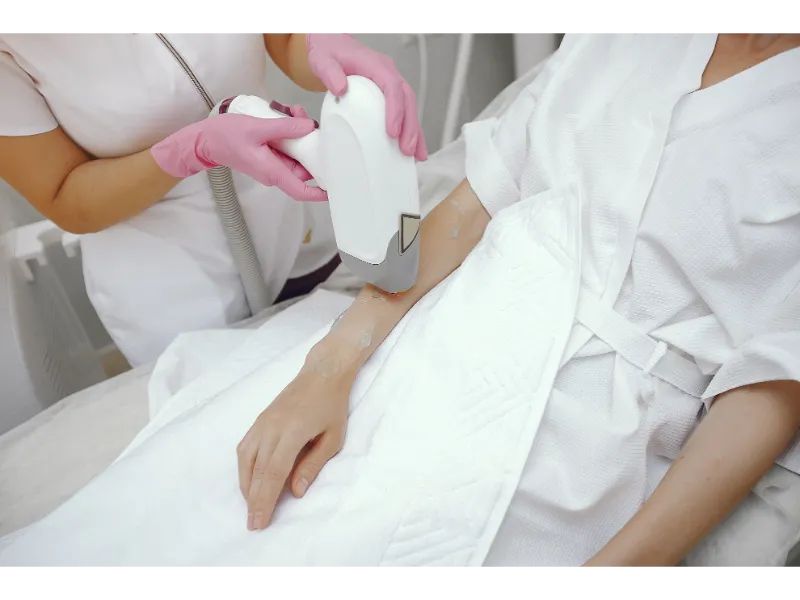Pregnancy Post Bariatric Surgery
Pregnancy After Bariatric Surgery: Tips For Staying Healthy
Many severely obese women have tried unsuccessfully to lose weight through diet, exercise and medications, and now more and more of these women are opting for bariatric surgery. Between 1998 and 2005, the number bariatric surgeries in the United States increased by 800 percent. Women of reproductive age (18 to 45) accounted for 83% of these weight loss surgeries. Between 2003 and 2005, more than 50,000 women in this age group had in-patient bariatric surgery procedures each year. This means that nearly half of all women who undergo bariatric surgery are of reproductive age.
Women of childbearing age who wish to become pregnant after gastric bypass surgery or other similar bariatric surgeries should wait 18 months, because it takes this amount of time for rapid weight loss to occur.
It’s hard enough at this time to meet nutritional needs without the added concerns of pregnancy. Moreover, such rapid weight loss may harm a developing fetus by preventing it from getting the nutrients it needs to thrive.
Most surgeons advise that women of childbearing age who undergo bariatric surgeries use reliable forms of contraception during the waiting period. It’s true that overweight or obese women may have difficulty getting pregnant, but weight loss actually increases fertility. In fact, obesity-related infertility issues are often resolved when hormones return to normal levels. Becoming pregnant after bariatric surgery is actually less risky than becoming pregnant while still obese.
Weight loss surgery may actually help protect formerly obese women and their babies from complications such as:
- Gestational diabetes or high blood sugar (glucose) levels during pregnancy, which increases the likelihood for a C-section delivery.
- High blood pressure
- Overly large babies, which also can require C-section delivery.
The C-section is considered a relatively safe way to deliver a baby, but it is more risky than vaginal delivery, as the C-section is a surgery that involves delivering the baby through a surgical opening in the lower belly.
The following are important points to consider if you are thinking about getting pregnant after bariatric surgery:
- Wait 18 months after gastric bypass or other malabsorptive surgeries to become pregnant
- Wait six months after gastric banding to become pregnant
- Make sure you are getting proper nutrition
- Schedule regular blood tests to check for nutritional deficiencies
- Use contraception during the waiting period
- Watch your weight gain during pregnancy
- Ask your surgeon about adjusting your gastric band
The key to a healthy pregnancy is paying careful attention to your post-weight loss surgery nutrition. The type of bariatric surgery you have will determine your nutritional needs. For example, a gastric banding or gastric bypass poses little if any risks for problems with nutrition, as long as the mom-to-be follows her surgeon’s recommendations.
Be sure your obstetrician is aware of the type of bariatric surgery that you had. And stay in touch with your bariatric surgeon during your pregnancy, to ensure that both you and your baby are getting the best nutrition. Women who become pregnant after bariatric surgery need to make sure they are getting enough of a variety of nutrients, including Folate, Vitamin B12, Iron, Calcium and Vitamin D.
banding surgery is adjustable, which means that the band can be deflated during pregnancy. Some women who are pregnant require deflation of the band to relieve severe nausea and vomiting, which can occur as a result of gastric banding.
Maintain communication with your bariatric surgeon. If you are having severe morning sickness, your surgeon may deflate your band to help you feel better. In contrast, your surgeon can loosen your band if you need to eat more.
All women should avoid excessive weight gain during pregnancy, including those who have had weight loss surgery. The best way to avoid excessive weight gain is to eat a healthy diet during pregnancy. It is essential that you talk to a registered dietician about your nutritional needs, and that together you form a healthy eating plan.
As long as your obstetrician gives you the okay, you should get regular exercise to help keep your weight on track during your pregnancy.
Most pregnant women have some weight to lose after they have a baby, and women who become pregnant after bariatric surgery are no different. Working with a dietician and exercising regularly will help shed postpartum weight and help you retrieve your pre-pregnancy figure, but it takes time and effort. You must eat a healthy diet and get essential vitamins and minerals, especially if you are breastfeeding.
It’s fine for women to breastfeed after they have had bariatric surgery, as long as they are getting nutritional monitoring and supplementation. Talk to your surgeon, obstetrician, a lactation consultant and/or a registered dietician to develop a plan that will fulfill the nutritional needs of you and your baby.








